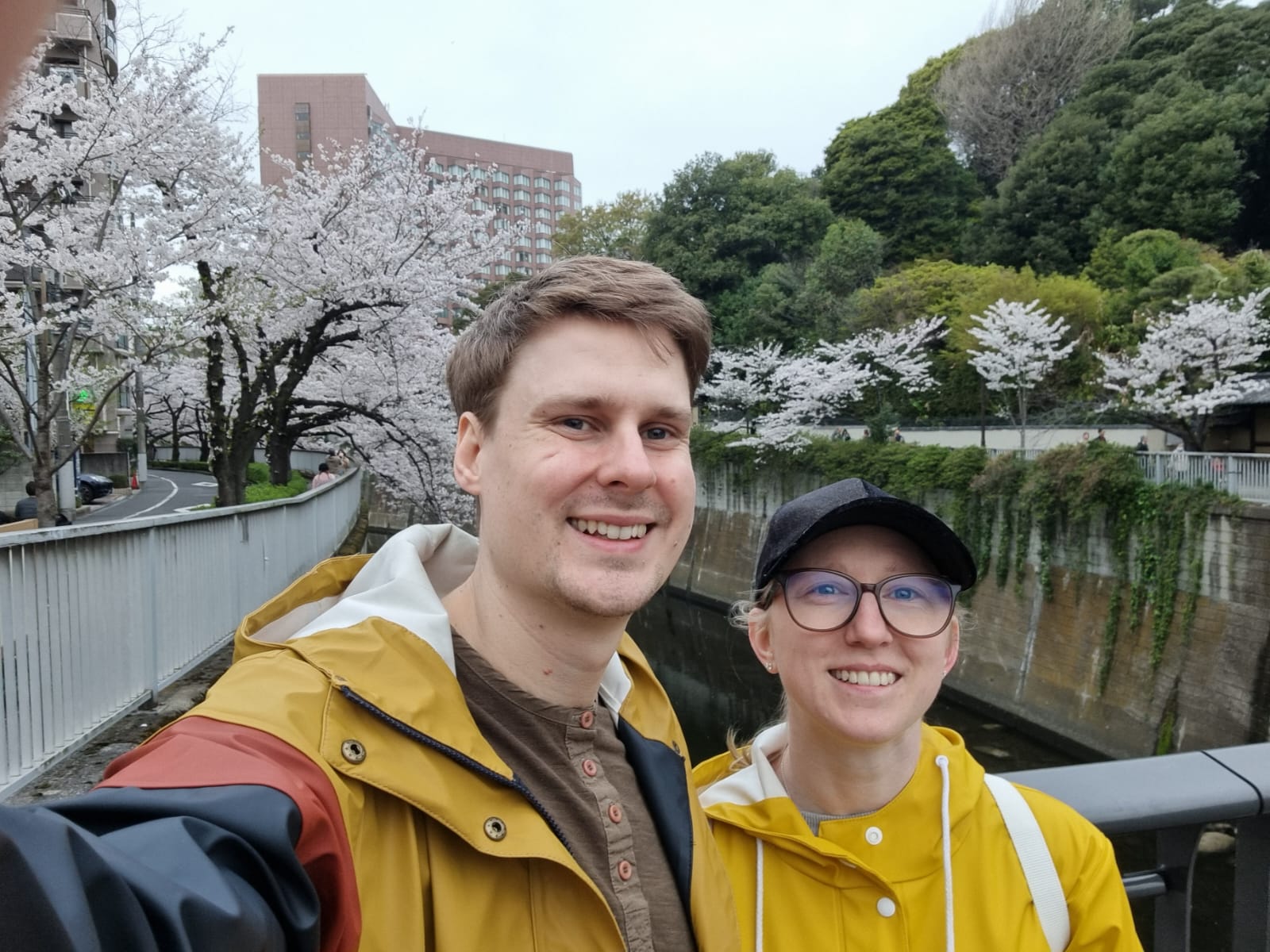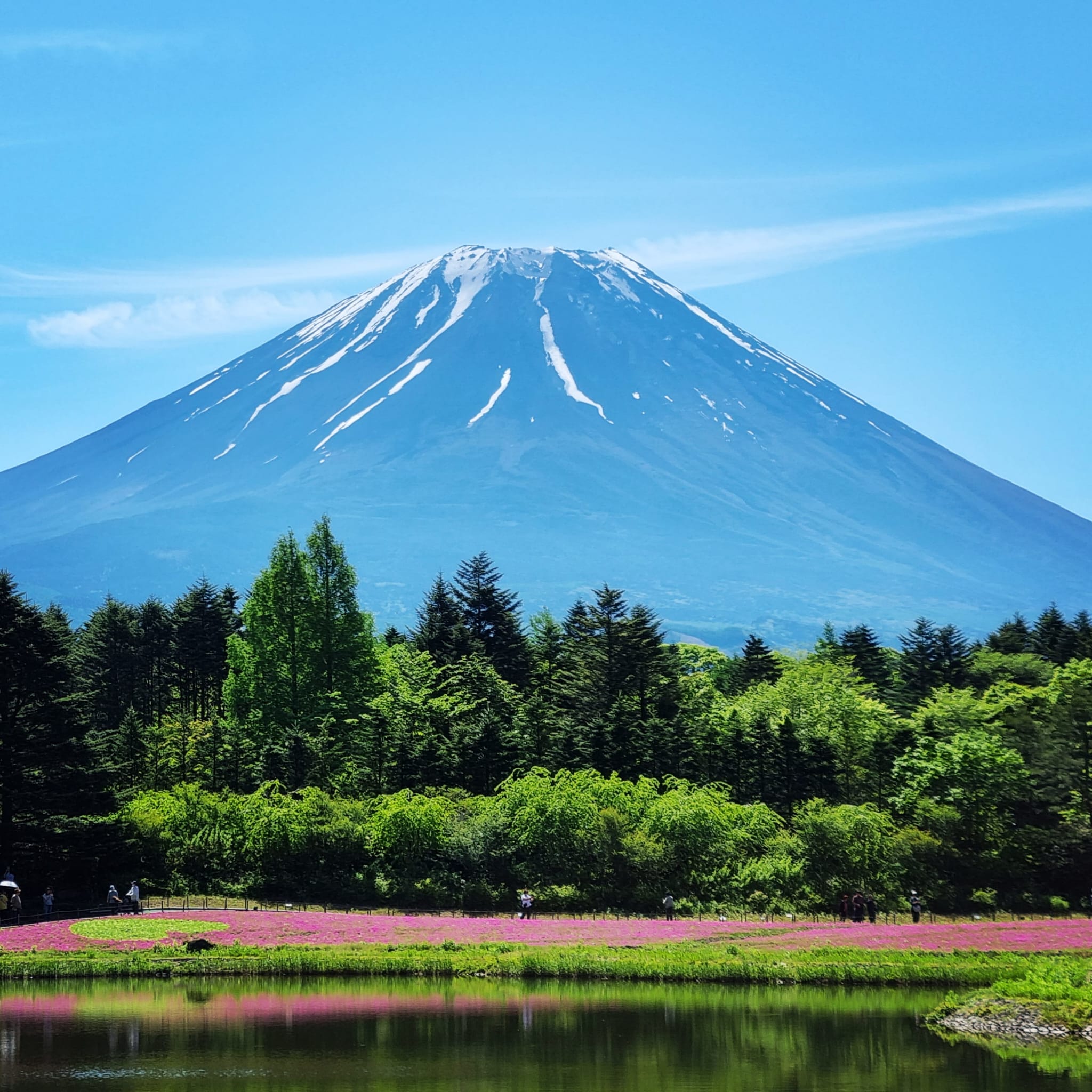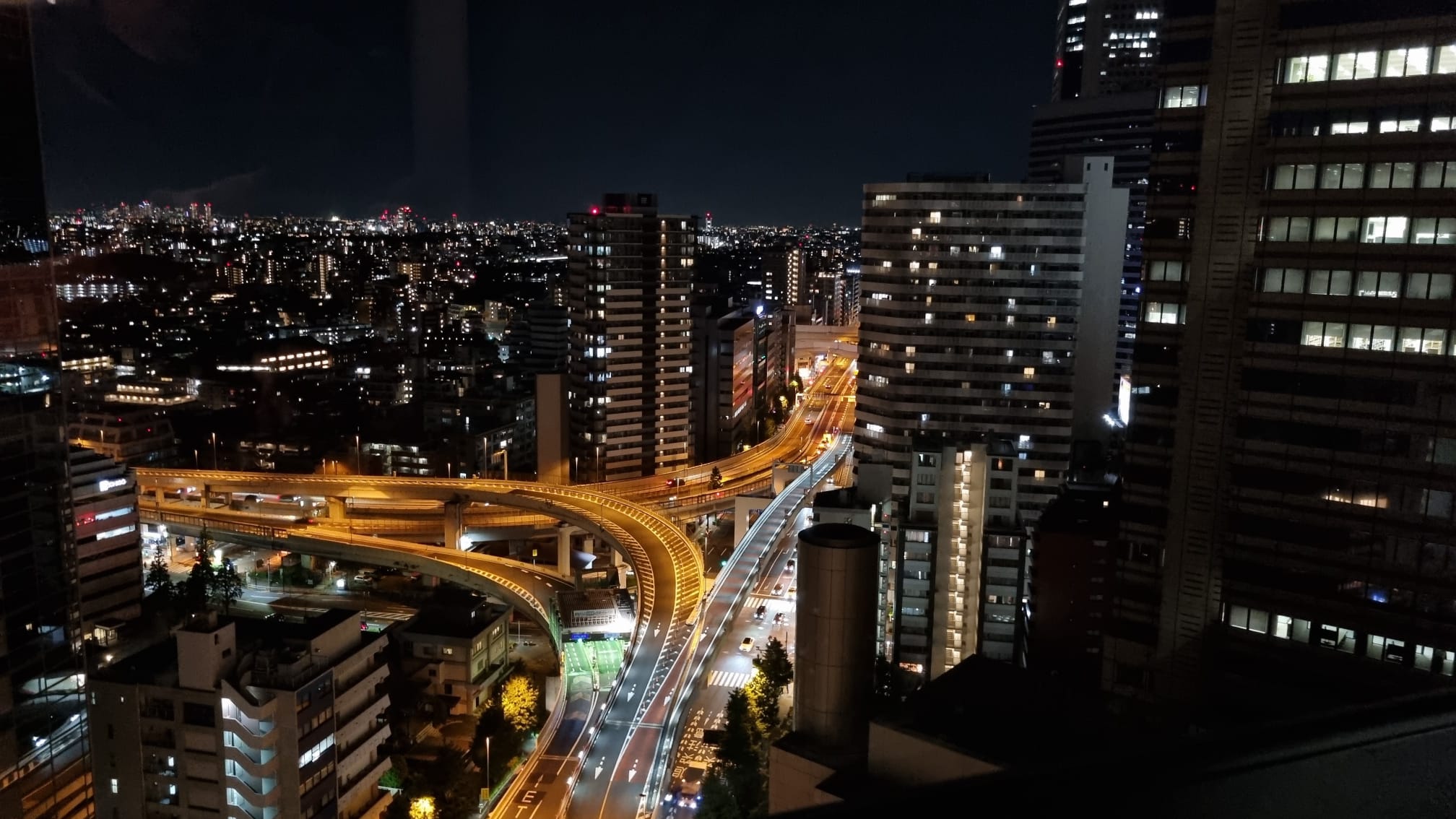
Dr. Felicia and her hrusband
Felicia Zaar
JSPS Postdoctoral fellow, Waseda University, Japan
What was the aim of participating in this program?
My home research group has previously collaborated with Professor Kenichi Oyaizu at Waseda university, in a joint effort to produce organic batteries. Toward the end of my PhD, both groups had initiated research efforts involving computational chemistry and catalysis. The aim of my visit to Japan was to share the knowledge we had so far gained in these new fields.
What kind of research did you conduct in Japan?
I am a materials scientist with experience ranging from theoretical physics to experimental electrochemistry. Before traveling to Japan, I had just begun exploring computational catalysis, so my work at Waseda university revolved around this topic.
Why did you choose to conduct your research under a host at an institution in Japan?
I believe experiencing cultures different to my own is beneficial for both my personal growth and my expertise as a researcher. Therefore, I always look for opportunities to work abroad. Because of the standing collaboration between my own and Professor Oyaizu’s groups, it was a given to apply for a position in Japan.

Mount Fuji from the beautiful Fuji Shibasakura
What was your impression of the research environment in Japan?
I found the research environment in Japan inspiring, filled with hard-working, talented researchers. My colleagues were very welcoming and friendly, although I sometimes found it a little difficult to communicate with some of them as I do not speak Japanese. Overall, my time in Japan was rewarding and I thoroughly enjoyed the experience.
How did you spend your time in Japan? Did you find anything fun, interesting or challenging?
I made an effort to spend my weekends exploring, and got to experience Osaka, Nagoya, Fujikawaguchiko, national parks, museums and exhibitions. I also went to social gatherings with my research groups and visited friends. In general, I found it easy to get around in Japan, despite my Japanese being very limited. Public transport is accessible, and the country is beautiful.
What were the good points of participating in this program? If there was any gap between your expectations, please share it with us.
I found the program rewarding for both my career and my personal interests. I enjoyed the exchange of knowledge between my home and my host research groups, and the social activities organized by Professor Oyaizu. The one downside is that the university working environment is not as international as in other countries, which can be a struggle for those who do not speak Japanese.

Tokyo at night from a rooftop bar.
What impact do you think the JSPS fellowship will have on your future career?
The JSPS fellowship was my first experience working as an independent researcher. Doing so in a new culture convinced me that I am capable, and rewarded me with new perspectives, friends and possible collaborators.
Do you have any advice for researchers who are interested in going to Japan?
Although knowing Japanese will undoubtedly enrich and simplify your experience, it is possible to get around with English. Make an effort to initiate conversation and social activities, and take time to travel.
(August, 2025)
Using quantum chemical simulations, I study how chemical reactions influence the behavior of materials. Specifically, I investigate ways to improve the efficiency of metallic catalysts through surface-modification.
